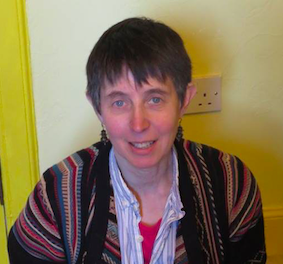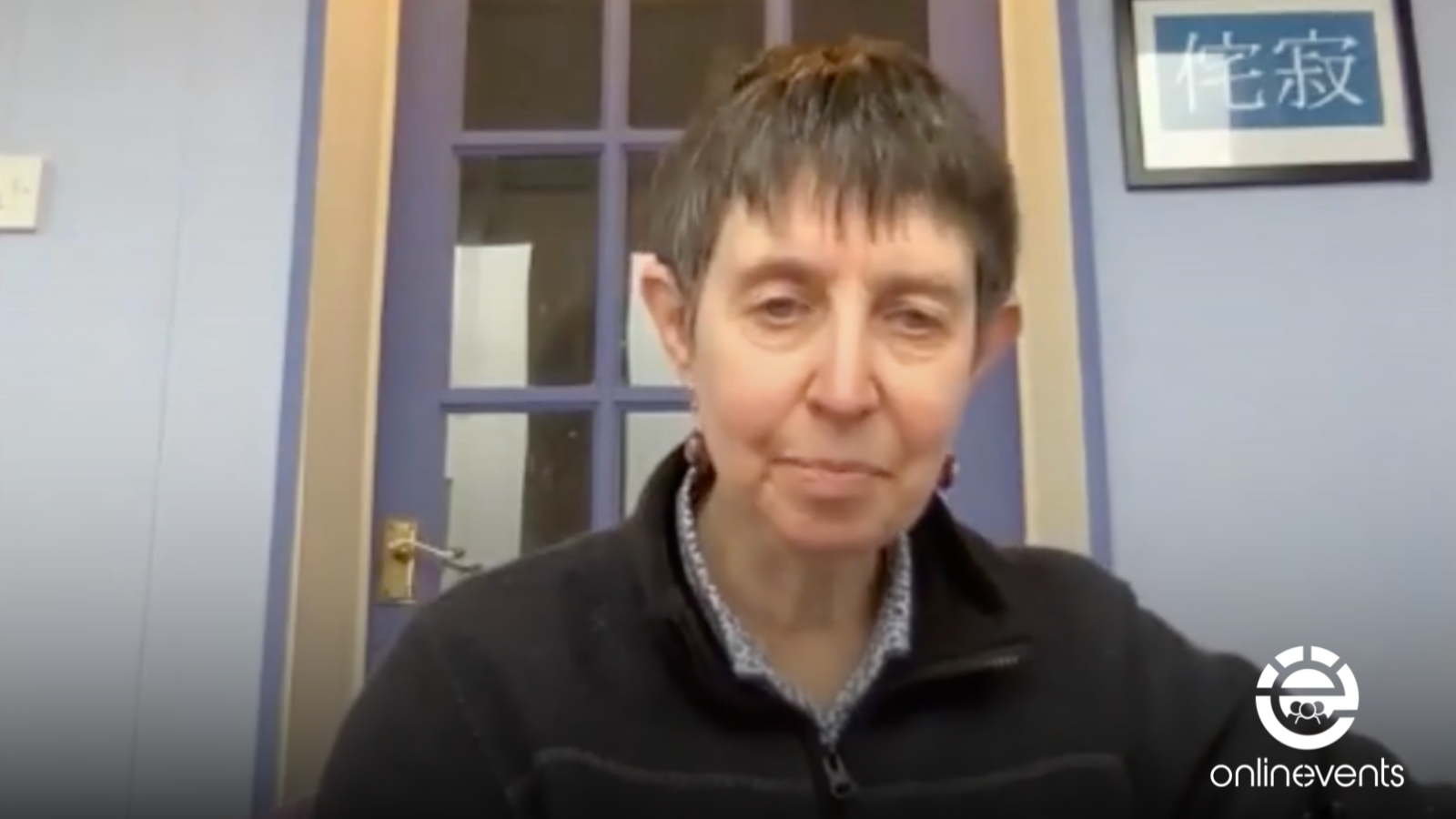These two workshops, each divided into two sections, are designed to give non-autistic therapists (or maybe newly-diagnosed autistic therapists) an insight into the lived experience of autism.
Workshop Details
So often trainings about autism offered to therapists assume that the autism in the therapy room will, so to speak, “belong” to the client: assume that the autistic person is the one who is seeking help.
This is understandable, given the stereotypes and misinformation about autism, many of which still persist despite years, maybe now even decades, of the actually autistic voice being out there, speaking and writing, saying no: these stereotypes are misunderstandings, and, in some cases, nonsense.
From podcasts and youtube videos to professional conferences and articles in peer-reviewed journals, we are speaking and writing to you. There is no longer any need to rely on non-autistic trainers to tell you what autism is despite having no experience of it themselves.
These workshops are written and presented by an autistic psychotherapist with both lived and professional experience of autism.
They will discuss the lived experience of autism in general, the experience of this autistic therapist in particular, and, especially in the second workshop, will give some indications of what the experience of therapy might be like for an autistic client, and how best to work with that.
We will cover, among other things:
- Language and labels
- Neurodiversity and neurodivergence
- Double empathy and the mismatch of salience
- “Female presentation” of autism
- Navigating the world as an autist
- Communication differences
- Sensory differences
- Cognitive and processing differences
- Executive function
- The social and medical models of disability
- Working with autistic clients
- Diagnosis and disclosure
Who is this Workshop Appropriate for?
- Counsellors / psychotherapists, supervisees, trainees, anyone who would like to gain some insight into autism from the inside.
Course Content
Presenter

Max Marnau is a person-centred therapist living in the Scottish Borders. As the autistic daughter of refugees from Hitler’s Nazis, she feels a particular affinity with all the exiled, the othered, and the displaced. Among whom she counts both autistic people and survivors of abusive cults.
Her parents quite consciously did not transmit their culture to her for fear of making her an outsider. That’s quite funny, given that she’s autistic! She sees herself as a second-generation exile who never quite fitted anywhere, and that may have made her particularly vulnerable to the attractions of an apparently friendly and supportive cult with clear rules.
With the understanding that she is autistic came the discovery of her tribe, and Max has become an “out, loud and proud” autistic psychotherapist, activist, writer, and trainer.


